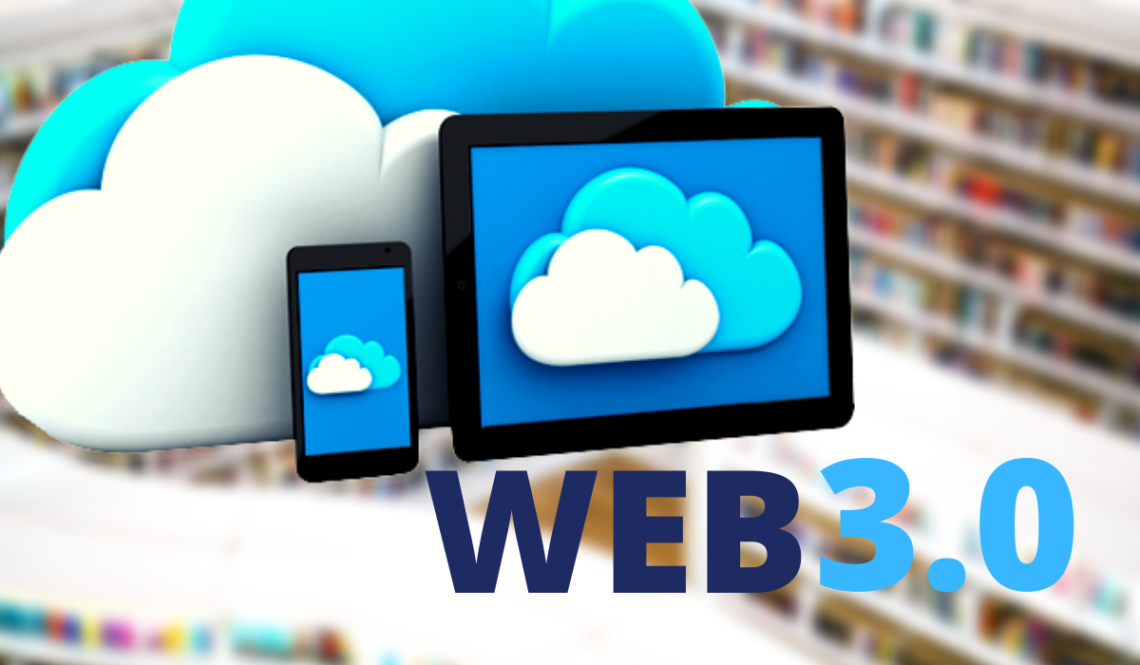- Web 3.0 objective – communications between users and technology are undetectable.
- Web 2.0 envisages controlling loopholes that gave arbitrary power to those who govern the platforms
- Blockchain can facilitate the creation of a new digital facade where our identity is not at risk
After the internet, Blockchain Technology can be designated as the most innovative invention of the present century. Web 3.0 is a requirement that shifts digital power from the hands of the government and enterprises to the user. Successful Web 3.0 acceptance will be achieved when communications between users and technology are undetectable.
Technological advancement gives broad and unfettered access to private data.
Technology is a double-edged sword and prone to misuse. Technological advancement gives broad and unfettered access to enterprise and government to essential data points that can then be leveraged against our interests. Major watchdogs and civil society activists have cautioned the influence digital data gold mines to have over our behaviour and how they structure our digital habits.
Algorithms are created through data and are entrusted to third party entities blindly, hoping that they will be protected and not misused. Since news of the Cambridge Analytica scandal broke out, this has proved to be our folly.
Web 2.0 was created to give free flight to the digital culture. However, it envisaged controlling loopholes that gave arbitrary power to those who govern the platforms. With the advent of blockchain technologies, new protocols have been redefining our technological interactions by empowering user data and digital identity sovereignty.
Digital Identity Unlocking Web 3.0’s Infrastructure
Internet algorithms are profiling the user’s digital behaviours to produce new revenue sources. In other words, users are affording corporations complete control of their personal and behavioural information in exchange for belonging to a group. Web 2.0 is not as genuine as it claims to be, and blockchain can facilitate creating a new digital facade where our identity is not at risk.
Donald Bullers, the founder of Tuum Technologies, while talking to a prominent Cryptocurrency magazine, said that users are allowing their online identity to be owned by different platforms.
Unlocking the full capabilities of Web 3.0 will lead to freedom-oriented digital transformations. Bullers believe the internet’s current operational model will not last because platforms and tech moguls have built their empire on user data. The possibility of being manipulated by what you see and who you’re affiliated with is always there. Therefore the way the current internet is structured is not going to work in the long run.
Bullers added that ownership of one’s digital identity could “empower the individual” and helps to build a culture in which third parties do not own data. Bullers said that a “self-sovereign” application could only be facilitated by blockchain.
Bullers elaborated that no government or corporation tells you that this is your ID since the user owns it and can create an ID for themselves. They make it, they own it, and they have complete ownership of what that becomes.
Steve Anderson is an Australian crypto enthusiast. He is a specialist in management and trading for over 5 years. Steve has worked as a crypto trader, he loves learning about decentralisation, understanding the true potential of the blockchain.


 Home
Home News
News










